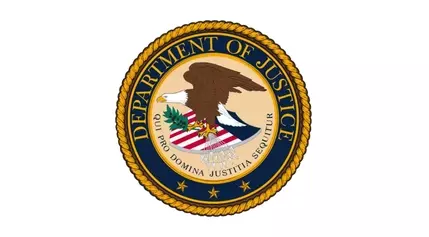The incoming administration, led by Donald Trump, plans to introduce significant changes to federal spending policies. These reforms aim to reduce government expenditure while implementing tax cuts for Americans. Key areas of focus include healthcare programs like Medicaid, environmental regulations, and social welfare benefits. Advisers such as Elon Musk and Vivek Ramaswamy have been tasked with identifying ways to cut costs without increasing the national debt. This article explores how these proposed changes might affect millions of Americans who rely on federal support.
Restructuring Healthcare and Welfare Programs
The new administration is considering several measures to streamline healthcare and welfare programs. One proposal involves adding work requirements to Medicaid eligibility, which could potentially reduce spending but may also leave many without necessary health coverage. Additionally, there are suggestions to limit Supplemental Nutrition Assistance Program (SNAP) benefits and restrict federal coverage for certain medications. These changes reflect a broader effort to control federal expenditures in critical areas of public assistance.
Among the proposed changes, the addition of work requirements to Medicaid stands out as a contentious issue. With over 72 million individuals relying on Medicaid for health insurance, any modifications to eligibility criteria could have far-reaching consequences. Republican Representative Jodey Arrington has suggested that implementing "reasonable" work requirements could lead to substantial savings. However, critics argue that this approach might inadvertently deprive vulnerable populations of essential healthcare services. Similarly, altering SNAP benefits by restricting eligible purchases or reducing funding could impact food security for millions of low-income families. The potential withdrawal of federal coverage for weight-loss drugs under Medicare and Medicaid further underscores the administration's focus on cutting costs in healthcare programs.
Environmental and Educational Policy Revisions
Beyond healthcare and welfare, the administration is also eyeing changes to environmental regulations and educational policies. Proposals include repealing recent environmental protections and reversing student loan forgiveness initiatives. While these actions aim to reduce federal spending, they raise concerns about long-term impacts on the environment and higher education accessibility. The administration's stance on these issues reflects a broader strategy to reallocate resources and prioritize different policy areas.
In terms of environmental policy, the administration intends to roll back regulations introduced by the previous government. Measures aimed at curbing fossil fuel emissions and protecting water resources could be dismantled, potentially freeing up billions in federal funds. However, environmental advocates warn that such actions could have detrimental effects on ecological sustainability. On the education front, the administration may reconsider Biden's student loan forgiveness plan, which offers financial relief to millions of students. Canceling this initiative could save the government significant amounts but would likely face strong opposition from those benefiting from the program. Overall, these policy shifts highlight a strategic reorientation towards fiscal conservatism, with potential trade-offs in environmental protection and educational support.



















